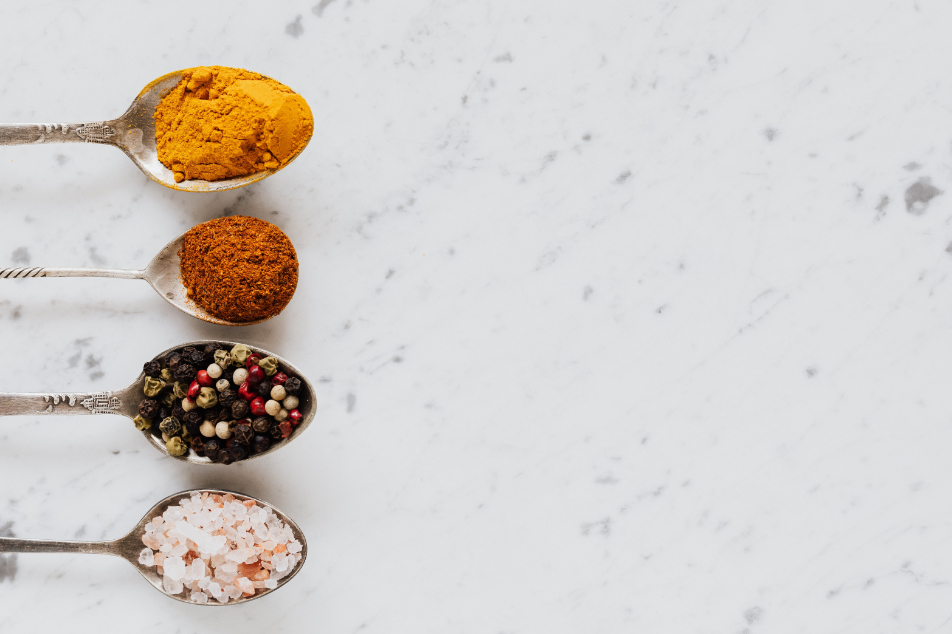
Oranges: The Fruit That’s So Popular, It’s the Talk of the Citrus
Why did the orange go to the doctor? It had a bad case of the peels.
Oranges are a type of citrus fruit that is native to Southeast Asia. They are a popular fruit around the world and are known for their sweet and tangy flavor. Oranges are a good source of vitamin C, potassium, and fiber. They also contain other vitamins and minerals, such as vitamin A, folate, and calcium.
Oranges can be eaten fresh, juiced, or used in cooking. They are a popular ingredient in salads, desserts, and savory dishes. Oranges are also used to make marmalade, candied peel, and essential oils.
Oranges are a healthy and versatile fruit that can be enjoyed in a variety of ways. They are a good source of nutrients and can help to boost the immune system, protect against chronic diseases, and promote heart health.
Here are some of the health benefits of oranges:
- Good source of vitamin C: Oranges are a good source of vitamin C, which is an antioxidant that helps to protect the body against damage from free radicals. Vitamin C is also important for the immune system.
- High in potassium: Oranges are high in potassium, which is an important mineral for regulating blood pressure.
- Good source of fiber: Oranges are a good source of fiber, which can help to regulate digestion and prevent constipation.
- Other vitamins and minerals: Oranges also contain other vitamins and minerals, such as vitamin A, folate, and calcium. Vitamin A is important for vision and the immune system. Folate is important for pregnant women. Calcium is important for bone health.
Benefits of eating oranges
-
Prevents cancer.
-
Can prevent kidney diseases
-
Rich in carotenoids and reduces cancer risk.
-
Rich in fiber and lowers cholesterol.
-
Rich in potassium, prevents arrythmias.
-
Rich in free radicals, hence keep free radicals in control.
-
Rich in polyphenols and hence fight infections
-
Dietary fiber can help in digestion and relieve constipation
-
Rich in carotenoids. Prevents macular degeneration
-
Rich in magnesium and the flavonoid hesperidin that lowers blood pressure.
-
Rich in beta carotene that can prevent signs of aging.
-
Low glycemic index food.
-
Has the potential to alkalinize the body. Source: http://www.care2.com/greenliving/13-health-benefits-of-oranges.html
Interactions of eating oranges
-
Orange juice can interact with OATP mediated drugs. Source: http://www.pharmacist.com/juice-interactions-what-patients-need-know
-
Interacts with celiprolol
-
Interacts with Ivermectin
-
Interacts with pravastatin
-
Interact with quinolone antibiotics
-
Interacts with medications moved by P-glycoprotein substrates
-
Interact with fexafenadine Source: http://www.rxlist.com/sweet_orange-page3/supplements.htm#Interactions
-
Rich in salicylates and hence can cause salicylate sensitivity. Source: http://www.allergyclinic.co.nz/guides/30.html
-
Rich in potassium and hence can interact with potassium sparing diuretics. Source: http://www.livestrong.com/article/359573-foods-to-eat-if-you-are-on-diuretic-medications/
-
Orange juice can interfere with antacids containing aluminium. Source: http://www.holistic-online.com/herbal-med/hol_herb_med_reac.htm
-
The acidity of orange juice can decrease the effectiveness of antibiotics. Source: http://www.holistic-online.com/herbal-med/hol_herb_med_reac.htm
-
Orange can interact with corticosteroids. Source: http://www.ext.colostate.edu/pubs/foodnut/09361.html
-
Orange can interfere with cholesterol lowering drugs. Source: http://www.ext.colostate.edu/pubs/foodnut/09361.html
-
Orange juice can interact with beta-blockers. Source: http://www.ext.colostate.edu/pubs/foodnut/09361.html
-
Seville oranges and Tangelos can interact with statins. Source: http://www.livestrong.com/article/302955-foods-to-avoid-with-cholesterol-meds/
-
Oranges are rich in histamines and hence can induce allergic reactions in susceptible individuals. Source:http://www.foodsmatter.com/allergy_intolerance/histamine/articles/histamine_joneja.html
-
Oranges can interfere with Macrolides.
-
Oranges can interfere with anti-anxiety drugs.
-
Oranges can interfere with anti-convulsants. Source: http://www.ext.colostate.edu/pubs/foodnut/09361.html
Health conditions to avoid oranges
-
Oranges are acidic in nature and can cause digestive problems. Source: http://www.everydayhealth.com/digestion-photos/foods-to-avoid-during-digestive-problems.aspx#/slide-4
-
Oranges can irritate bladder and hence people with overactive bladder should avoid orange. Source: http://www.health.com/health/gallery/0,,20540820_7,00.html
-
Orange should be avoided by patients with chronic kidney disease. Source: http://kidney.niddk.nih.gov/KUDiseases/pubs/NutritionLateCKD/index.aspx
-
Orange can irritate throat and hence should be avoided by patients with tonsilitis. Source: http://www.pdrhealth.com/diseases/tonsilitis/treatment
Photo by Suzy Hazelwood: https://www.pexels.com/photo/sliced-oranges-1937743/
NOTE: The information on this website is for educational purposes only and is not intended to replace the advice of a qualified medical professional. If you have any questions or concerns about your health, please consult a doctor. We do not endorse any specific products or treatments, and we do not claim to cure or treat any medical conditions. The information on this website is based on our own research and experience, and we cannot guarantee its accuracy or completeness. View the full disclaimer here


